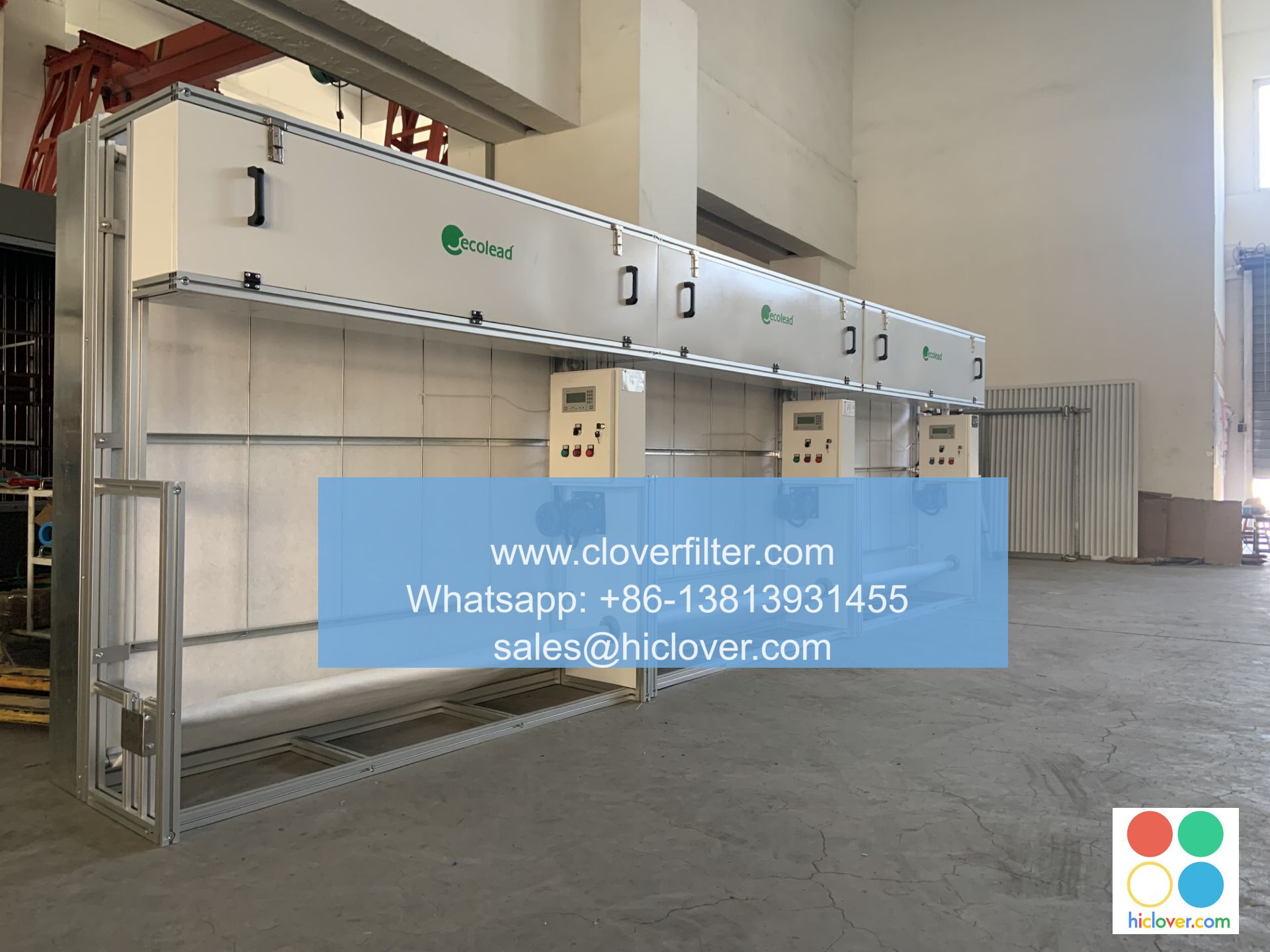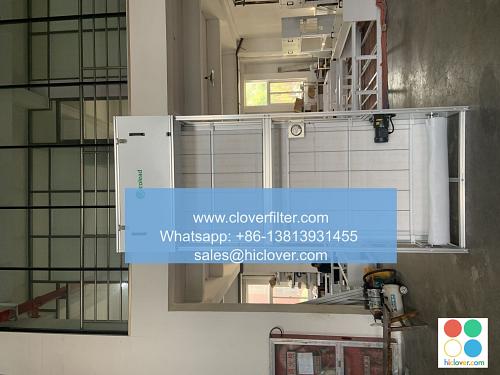Automatic Roll Air Filters: A Key Component of McGill University’s Medical Lab Design

McGill University, a renowned institution for medical research and education, has incorporated automatic roll air filters as a crucial element in their medical lab design. These advanced filtration systems have been designed to provide a high level of air quality, ensuring a safe and healthy environment for researchers, students, and patients.
Introduction to Automatic Roll Air Filters
Automatic roll air filters are a type of air purification system that uses a rolling filter media to capture airborne contaminants. These filters are designed to be highly efficient, with a high MERV rating, making them ideal for use in medical laboratories, hospitals, and other healthcare facilities. The HEPA filters used in these systems can capture up to 99.97% of particles as small as 0.3 microns, including dust, pollen, bacteria, and viruses.
Application Areas in Medical Labs
Automatic roll air filters have a wide range of applications in medical labs, including:
* Biological Safety Cabinets: These filters are used to provide a safe working environment for researchers handling hazardous biological agents.
* Fume Hoods: Automatic roll air filters are used to remove airborne contaminants, including chemicals and particles, from the air in fume hoods.
* Clean Rooms: These filters are used to maintain a high level of air quality in clean rooms, where sensitive equipment and experiments are conducted.
* Operating Rooms: Automatic roll air filters are used to provide a sterile environment for surgical procedures, reducing the risk of infection and promoting patient safety.
Benefits of Automatic Roll Air Filters
The use of automatic roll air filters in medical labs offers several benefits, including:
* Improved Air Quality: These filters can capture a wide range of airborne contaminants, improving the overall air quality in the lab.
* Increased Safety: By reducing the risk of infection and exposure to hazardous substances, automatic roll air filters promote a safe working environment for researchers and patients.
* Reduced Maintenance: The rolling filter media used in these systems can be easily replaced, reducing maintenance costs and downtime.
* Energy Efficiency: Automatic roll air filters are designed to be energy efficient, reducing the overall energy consumption of the lab.
Integration with Other Lab Systems
Automatic roll air filters can be integrated with other lab systems, including:
* Lab Information Management Systems (LIMS): These filters can be connected to LIMS, allowing for real-time monitoring of air quality and automated reporting.
* Building Automation Systems (BAS): Automatic roll air filters can be integrated with BAS, allowing for centralized control and monitoring of lab systems.
* !?HVAC systems: These filters can be used in conjunction with Heating, Ventilation, and Air Conditioning (HVAC) systems to provide a comprehensive air quality management system.
Conclusion
Automatic roll air filters are a key component of McGill University’s medical lab design, providing a high level of air quality and promoting a safe and healthy environment for researchers, students, and patients. With their wide range of applications, benefits, and ability to integrate with other lab systems, these filters are an essential element in the design of modern medical laboratories. As the demand for high-quality air purification systems continues to grow, automatic roll air filters are likely to play an increasingly important role in the medical research and healthcare industries.

